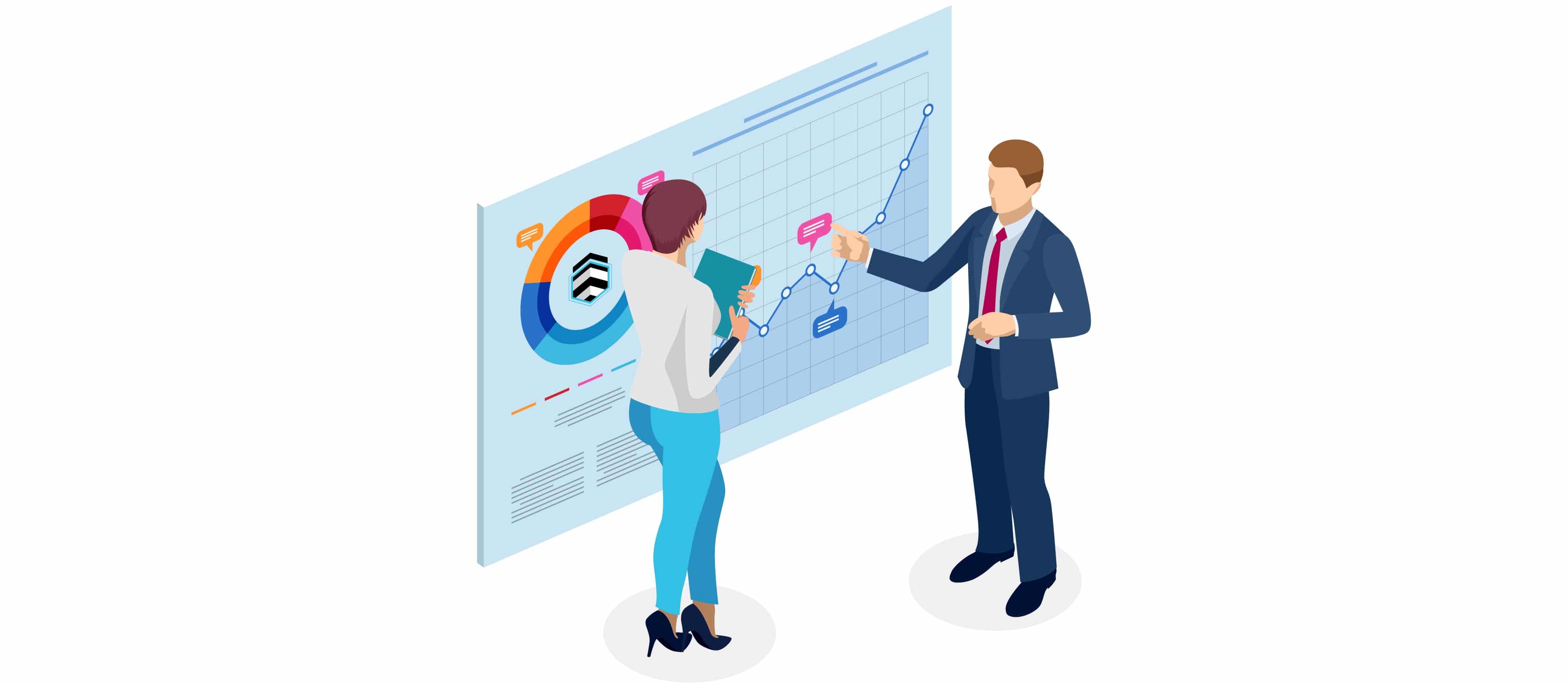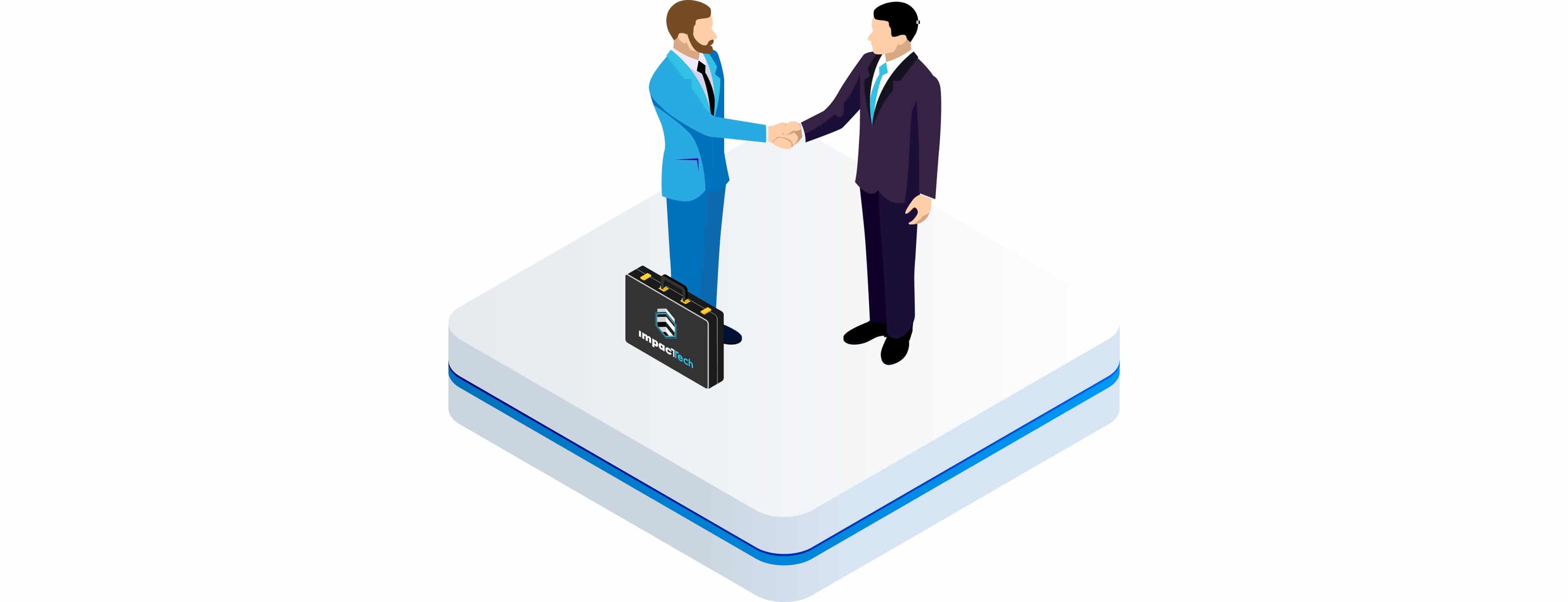A CRM is now an essential tool for every forex brokerage given the increasing competition and demands of the industry. Nowadays, keeping traders happy and loyal to your brand is harder than ever and requires greater sophistication. Long gone are the days when a simple customer relationship management tool and a deposit bonus was enough. As with every highly competitive industry the ability of a business to differentiate itself goes a long way to defining success. Sam Walton, founder of the Walmart supermarket chain, said: “There is only one boss. The customer. And he can fire everybody.” This is the reality of retail Forex with many businesses failing because of their inability to retain customers. In fact, the quality of the customer experience is going to be the key differentiator for most businesses by 2020. According to a Walker Consulting report customer satisfaction will be more important than the price and the product. Clearly, investing in a CRM system is better than not having any software to manage the trader experience. But given the competition in the Forex trading industry, tighter regulations and the need for KYC and AML it is better to use a Forex CRM. Even if you dismiss all the non-Forex CRMs it is still a crowded marketplace. The objective is to identify the CRM that best meets the needs of your business and makes financial sense.
AI TECH IS A FOREX CRM GAME CHANGER
All companies, not just Forex brokers, face two challenges to success. Firstly, how to understand each customer’s individual needs. Secondly, how to communicate effectively during the customer journey. Failing in either result in missed acquisition opportunities, fewer conversions, poor customer service, failure to upsell and increasing churn. However, to meet these two challenges requires analysing customer data. Modern CRMs are the logical centre point for trader data collection. Artificial Intelligence (AI) and more specifically Machine Learning (ML) and Deep Learning (DL) is highly effective at processing this data. An AI-driven CRM enables a broker to understand the needs of individual customers and uses predictive analytics to improve how to interact with them. While understanding AI is best left to data scientists. The effectiveness of AI-driven tools essentially depends on the volume of data available. It’s like an artist painting a portrait. The more detail that goes into creating the portrait the more recognisable the subject. To get the most accurate understanding of each trader requires channelling data from phone calls, live chat, emails, chatbots, PPC and social media campaigns through a CRM. Additionally, data regarding deposits and withdrawals as well as payment records in relation to transactions can be crossed, analysed and matched with marketing activities. These insights give predictions on where to spend marketing budget to reach campaign objectives more efficiently.

Data driven: Understanding customer needs requires analysing data from multiple channels
As a result, a brokerage is better able to efficiently acquire new leads. Additionally, these prospects are acquired more cost-effectively which reduces CPL and CPA. Delivering a more personalised experience also increases conversions. And by taking a holistic approach to the customer journey it is easier to identify cross-selling and upselling opportunities. Over the long term, understanding each trader better increases LTV and helps a brokerage reduce churn by identifying patterns that reflect loss of brand confidence.
CONNECTING THE CRM WITH THE Trading Platform
MT4 and MT5 are the most popular trading platforms and the most common offering in any white label solution. However, there are others and therefore, it’s important your CRM integrates with the trading platforms your brokerage offers. Having a user-friendly front end makes account opening easy and carrying out fund transfers hassle-free. As traders are usually spread over several countries your CRM needs to offer payment services that cover the world. A multi-tenancy CRM that services multiple portals also needs to be considered. When targeting a global customer base, it’s also useful that your CRM has customisable rule-based client input fields. This creates a frictionless experience for traders while meeting the different regulatory requirements of each territory. For practicality, it is better to access trading accounts and demo accounts via the CRMs ‘front end’ and as part of logging in to the traders’ room client. By linking all trading related activity directly to the CRM, data collection is more efficient and timelier. This allows the ‘portrait’ of the trader to take shape immediately. The team can then make a relevant offer while the trader is active on the trading platform. Introducing Brokers (IBs) play a pivotal role in the expansion plans of many brokerage businesses. If IBs are part of the business model or in future plans your CRM needs to offer an IB area. Some IBs start off as single person entities but grow into larger multi-location businesses. Therefore, it is beneficial for the CRM's IB portal to accommodate a multi-tier IB network. Your CRM should also be able to generate IB reports to make commissions tracking easier and enable affiliates to monitor their business.
COMPETITIVE EDGE WITH AUTOMATED LEAD SCORING AND SENTIMENT ANALYSIS
There are additional features to consider which can deliver a competitive edge. Automated Lead Scoring and Automated Lead Distribution brings greater efficiency to the sales department. It determines which leads are the most qualified and segments leads to the teams best suited to convert them. The Automated Lead Distribution tool will also attribute leads based on the marketing channel it came through, the language used and IB. Telecoms integration brings greater efficiency to operations as well as two cutting edge features. Sentiment Analysis is a sub-division of AI which can determine the mood of a trader (and agent) during an interaction. These insights help Identify what makes traders happy and improves retention by increasing understanding about what actions lead to sales. Telecoms integration also enables more efficient calls monitoring. This is another feature to consider for brokerages keen to bring greater efficiency to their compliance management. In the past, fears about data loss when switching from one CRM to another has held many brokerages back. However, migration is less of a concern when moving to a modern CRM. However, many brokerages are still reluctant to make the switch because of the organisational hassle of adapting to a new system. They continue to use legacy platforms when better options exist because of the effort (and expense) that has gone into integrating other business applications. While those fears are valid for older systems the API architecture on a modern CRM takes the hassle out of integrating any existing applications.
EASY TO USE MODERN INTERFACE HELPS AGENTS WORK BETTER
Switching between platforms in order to deal with a trader enquiry handicaps an agent trying to give an efficient response. A CRM should empower every client-facing employee with the information they need to deliver the best customer experience.

Easy to use: Deal with any customer enquiry from a single screen display
The efficiency gains a business makes by switching to a new CRM are difficult to quantify. But working with a system that uses a modern, intuitive interface and delivers relevant information in a single screen is how to take customer experience to the next level. By displaying all account activity on the screen along with personal information like their LTV enables an agent to make more informed and efficient decisions. All documents including verification details, status of KYC/AML, audit logs, calls and emails can also be seen within their timelines to add relevance. The flexibility to customise a dashboard to meet the information needs of every agent result in huge efficiencies across the entire business. A Forex CRM can also increase operational efficiency through its reporting capabilities. The system is customisable so managers get what they need to analyse their team’s performance. Meanwhile, CEOs see a global picture of the business with profit and loss reports. Naturally, the customisation extends to manage access to sensitive information. Modern platforms offer the promise of zero downtime and ensures your business is always available to customers. Look for a platform provider that has robust content delivery networks (CDNs) to ensure your business is always online regardless of its size, traffic volume or data needs. Security should also be high on the agenda. To ensure your data is always beyond the reach of external threats insist on a platform that offers encryption using the latest technology like https and SSL protocols.
DEATH BY CHURN

Less churn: Better customer experience increases brand loyalty and reduces churn
2020 is just around the corner and customer experience will drive more purchase decisions than any other factor. Couple that with the cost of Forex acquisition running at five times the cost of retention it makes reducing churn essential. Regulatory changes are also going to have a significant impact which further increases the need to use a purpose-built solution. Having a CRM that enables a better understanding of the needs and demands of traders will drive brand loyalty. More efficient acquisition through better marketing and accurate identification of the best prospects will also drive greater revenue growth. Above all, the influence of AI on how Forex brokers do business is set to increase and will eventually reach the point where those that don't will no longer be able to compete with those that use AI. With seamless migration from other CRMs the new reality, the hurdles for switching to a dedicated Forex solution are fewer. A modern, easy to use interface and greater empowerment facilitates employee acceptance for the change. The transformation from siloed work to interdisciplinary collaboration takes longer and forms part of an ongoing cultural change that gains traction through the overall success it brings to the business.















